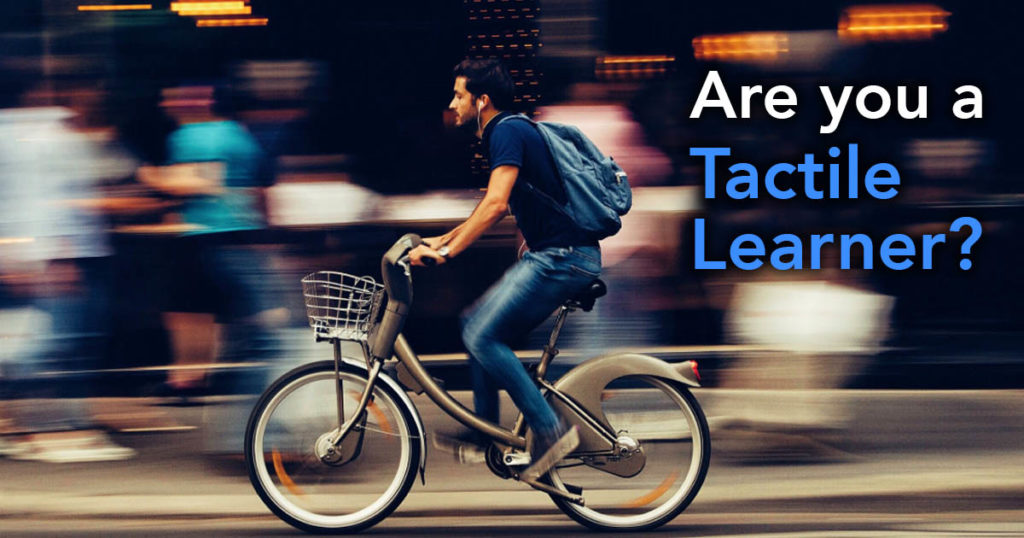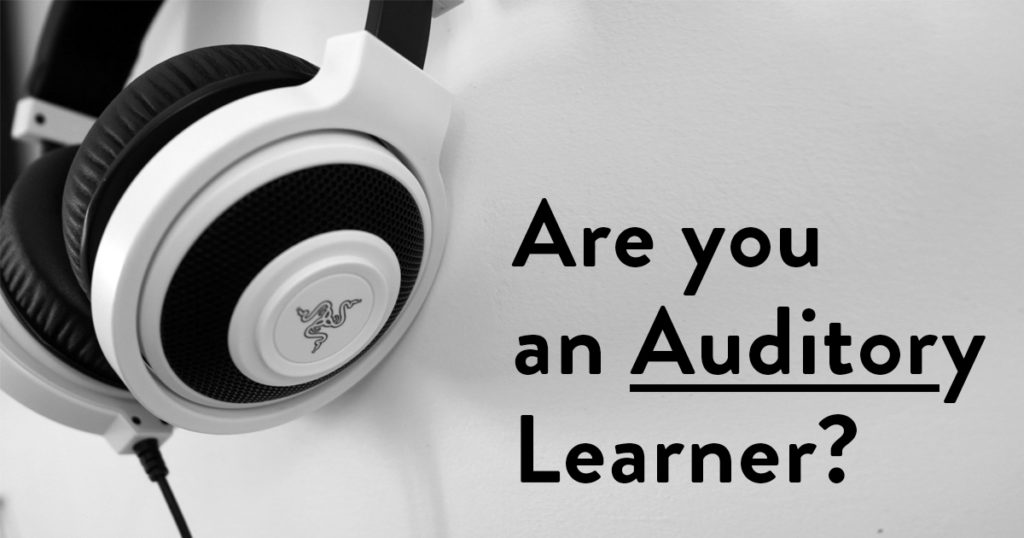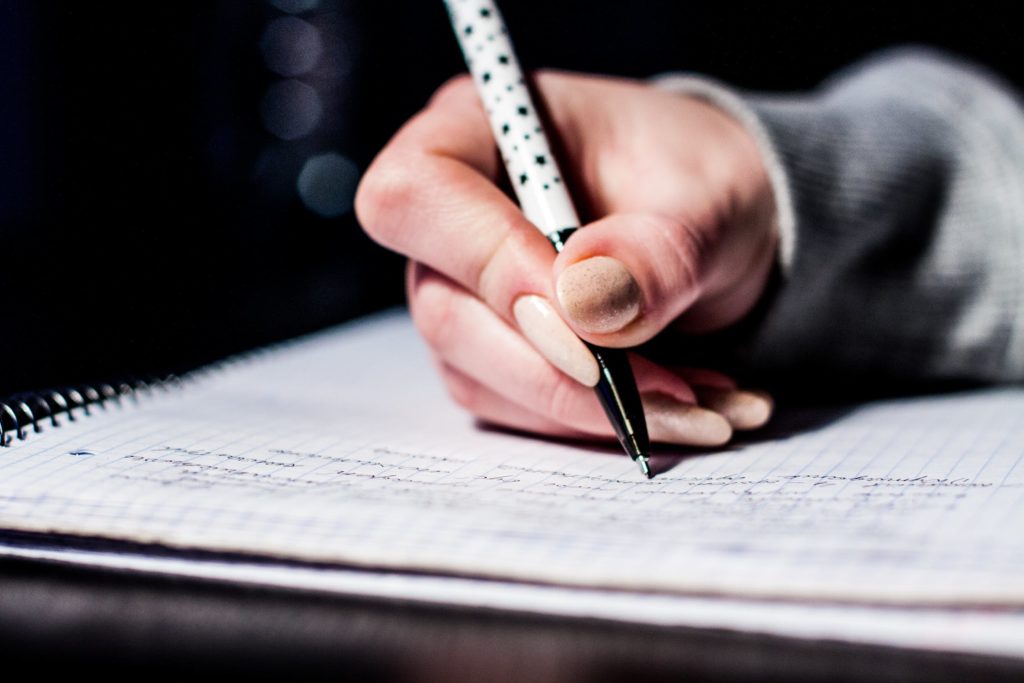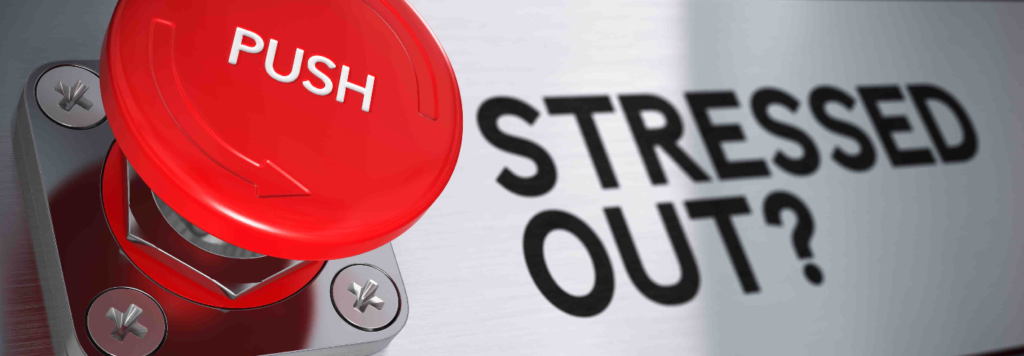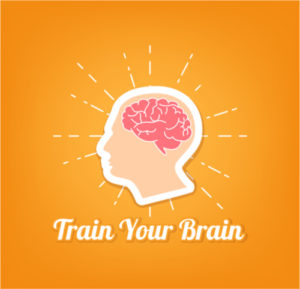
The Examination for Professional Practice in Psychology (the EPPP) has been a source of stress for many postdoctoral students. Even though students have been preparing for the exam through classes and practical training, the entire process still feels like an insurmountable challenge. After all the hard work, late nights, and cups of coffee you have sacrificed for your professional career in psychology thus far, the last step towards licensure feels more like a mountain than a mere step. After speaking with professionals who have successfully completed their training and passed the EPPP, we have some tips on how to best prepare for the exam.
- Demystify the examination, as much as possible.
Anxiety about the exam can stem from simply not being well-enough acquainted with the whole process. Working on studying the material alone can feel overwhelming. An exam that covers “everything you learned in graduate school” is an extremely far-reaching exam. However, the EPPP is a difficult exam for other reasons than the material. The entire process of the exam can be stressful. In order to best prepare for the process of the exam, it can help to take some time to get acquainted with the process.
One recently licensed psychologist in Los Angeles shared her experience preparing for the exam. Demystifying the entire process was a very high priority in her preparation. She reported that after she registered for the exam and set her testing date, she would visit the testing center regularly. This offered her the opportunity to become familiar with the route to the testing center and the time it would take her to get there, in order to avoid any unexpected, anxiety-inducing navigation issues the morning of the exam. In addition, she stated that going through the same motions she would on the day of the test helped get her into a routine. In this way, the day of the exam did not feel like an entirely unfamiliar situation. Rather, she reported that she felt much more at ease with the test-day process.
Taking practice exams is another great way to begin to demystify the exam. By giving yourself similar testing conditions and time restrictions like you will have on the actual day of the exam, you can begin to help yourself get better acquainted with the test. The EPPP can last up to 4 hours and 15 minutes, with one 10-minute break to use the restroom or simply get up to stretch. Giving yourself the practice of sitting for more than four hours compounded with the mental strain of answering questions from all reaches of psychology can help prepare you for the exam.
On top of developing a test-day routine, get to know the exam as much as possible, both in material and in others’ experiences. Talk to supervisors who have taken and passed the exam and get their opinions on the exam day. Speak with colleagues or classmates who have taken the exam already and find out what their experience was like. Do what you can to make the EPPP a friend who you are anticipating meeting. Of course, you can never know entirely what the exam will be like but tearing away the shroud as much as possible can help you best prepare.
- Studying over time rather than at the last minute
As I mentioned, there is a tremendous amount to be covered on the EPPP. The EPPP focuses on eight main areas of content: biological bases of behavior, cognitive-affective bases of behavior, social and multicultural bases of behavior, growth and lifespan development, assessment and diagnosis, treatment modalities and preferred methods of intervention, intervention and prevention, research and statistics, and ethical and legal issues. Since you have completed or have nearly completed your doctorate as you begin preparing for the EPPP, you likely already have some preferred study techniques that you know work for you.
Even if you believe that you thrive under pressure and procrastination has been your best friend—and trust me, you are not alone—procrastination is not a recommended study technique for the EPPP. There is a tremendous amount of information that will be asked of you, and you will need a good amount of time to fully commit it all to memory.
Much like your dissertation, simply working with the material even 15 minutes per day can help. Although longer study sessions are typically preferred, spending 15 minutes per day is better than not spending any time with the material. Having a short amount of time with one of your less-preferred areas of study can help you stay acquainted with the questions and the information you’ll need to pass the exam.
- Finding time for self-care
The EPPP will feel like it is taking over your life! It is a tremendous steppingstone and a huge mountain to climb. Although it may feel as though it is taking over your life, be sure not to let it do so. You are still a person with other facets to your life and other parts of your garden that need to be watered. While the task is quite large, and you will likely need to change around your priorities, your schedule, and many areas of your life, you must remember to take care of yourself first and foremost.
In a blog by the American Psychological Association, the authors suggest that the test takers who were able to maintain some stability in their everyday life were able to perform better on the exam. This may be due in part to the ability to cope with the tremendous levels of stress imposed by the exam that self-care offers. Being able to take a break from your preparation and the stress brought on by the exam is necessary to be able to withstand the marathon that is the EPPP.
Specifically, exercise as a form of self-care can be tremendously helpful. Research has shown that individuals who have a regular exercise routine tend to have a higher cognitive function. Also, getting enough sleep and eating healthy are important steps to maintaining your cognitive performance. Ideally, these self-care behaviors can improve your comprehension of the material as well as improve your overall performance on the exam. Other forms of self-care, like taking time off for yourself, meditating, or even spending quality time with friends, can be helpful. Even though it may feel as though you are detracting from valuable study time, the effect on your psychological well-being and exam performance will prove worth the time sacrificed.
What are some tips that you have found to help you study for the EPPP? Let us know in the comments what works best for you!


